and all life is connected.
Wherever we live, we need the oceans. And the oceans need all of us, everywhere, to push for their protection. There is no green and just future anywhere without protection for our blue oceans and all who depend on them.
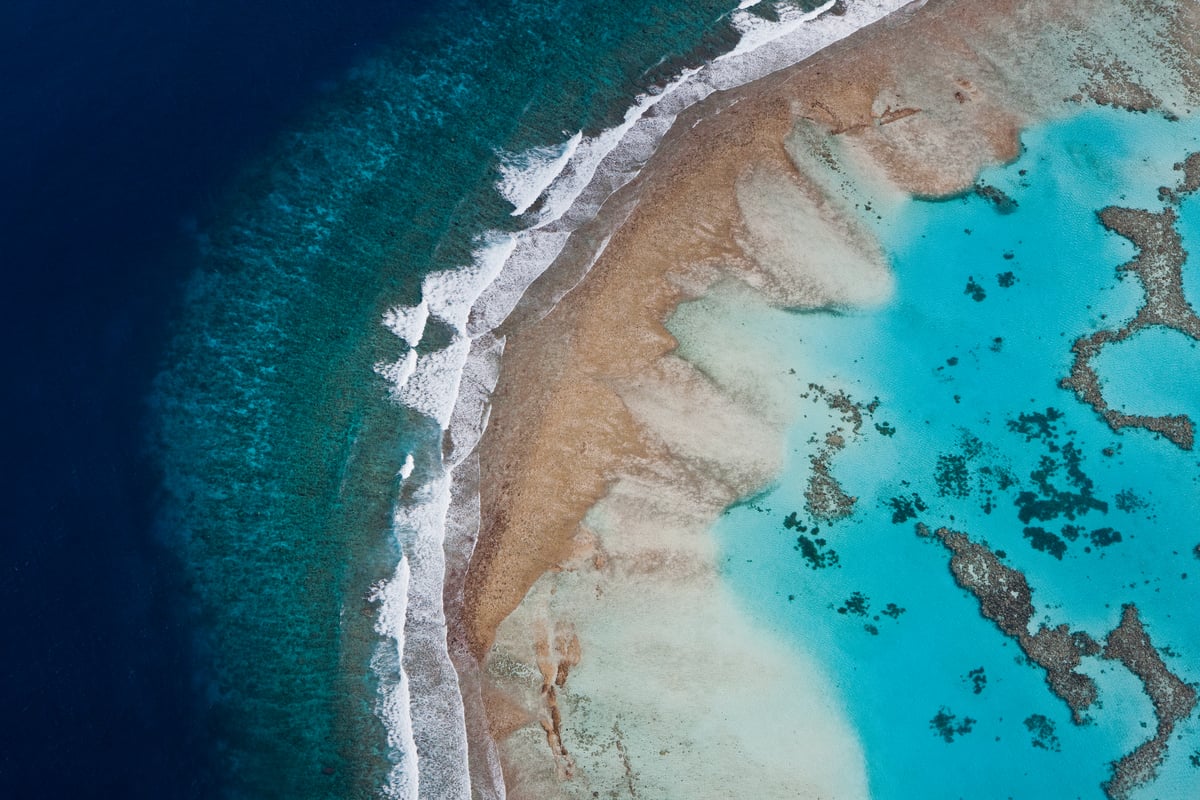
The adoption of the Global Oceans Treaty by the United Nations in June 2023 was a massive step toward ocean protection. It took decades of work from many nations and organisations and the support of millions to achieve, but there is still work to do: The Treaty is a powerful tool - which can be used to create vast ocean sanctuaries where marine life can recover and thrive - but will only enter into force once at least 60 governments have written it into their national law.
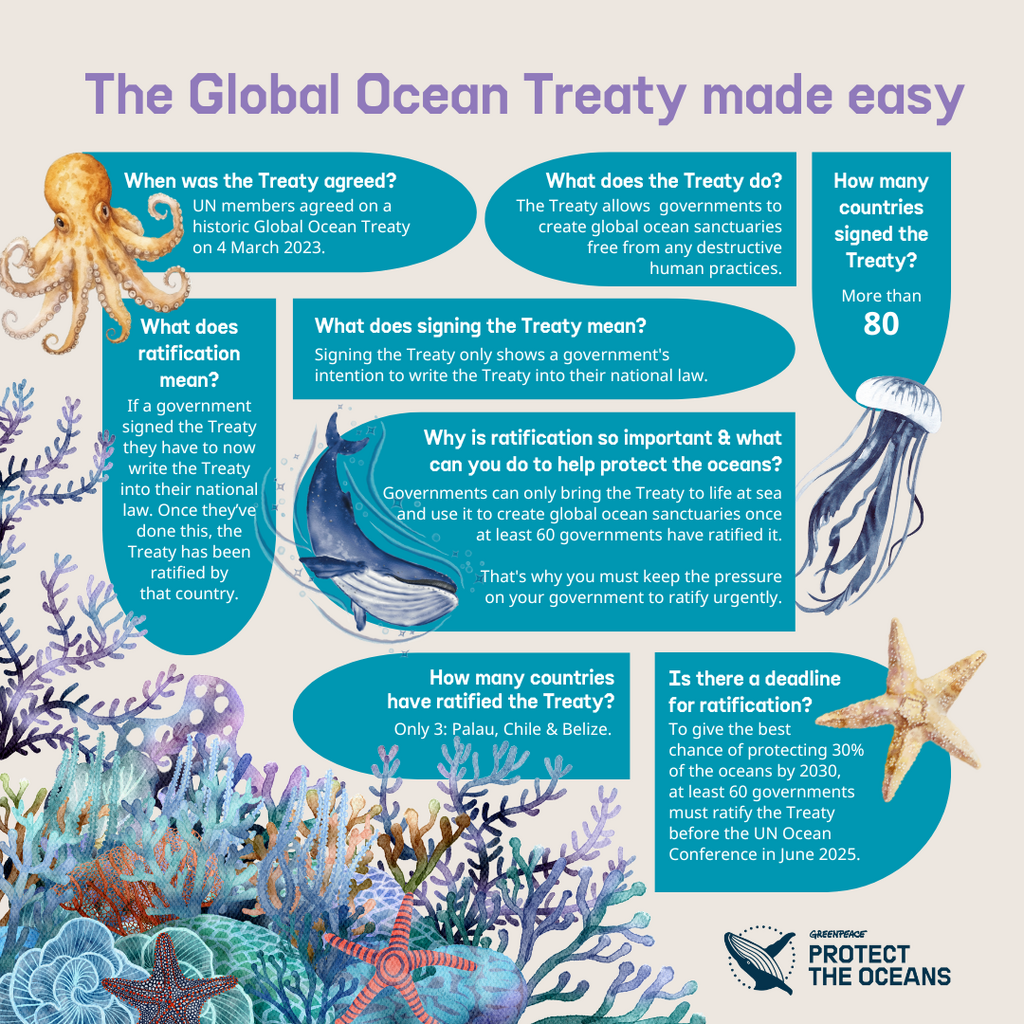
The world is watching - and waiting on - this countdown for ocean protection!
Which countries have written the Global Oceans Treaty into law?
From early ratifiers like Palau and Chile and all the way through the number 60 we'll be tracking nations as they sign the treaty into law.
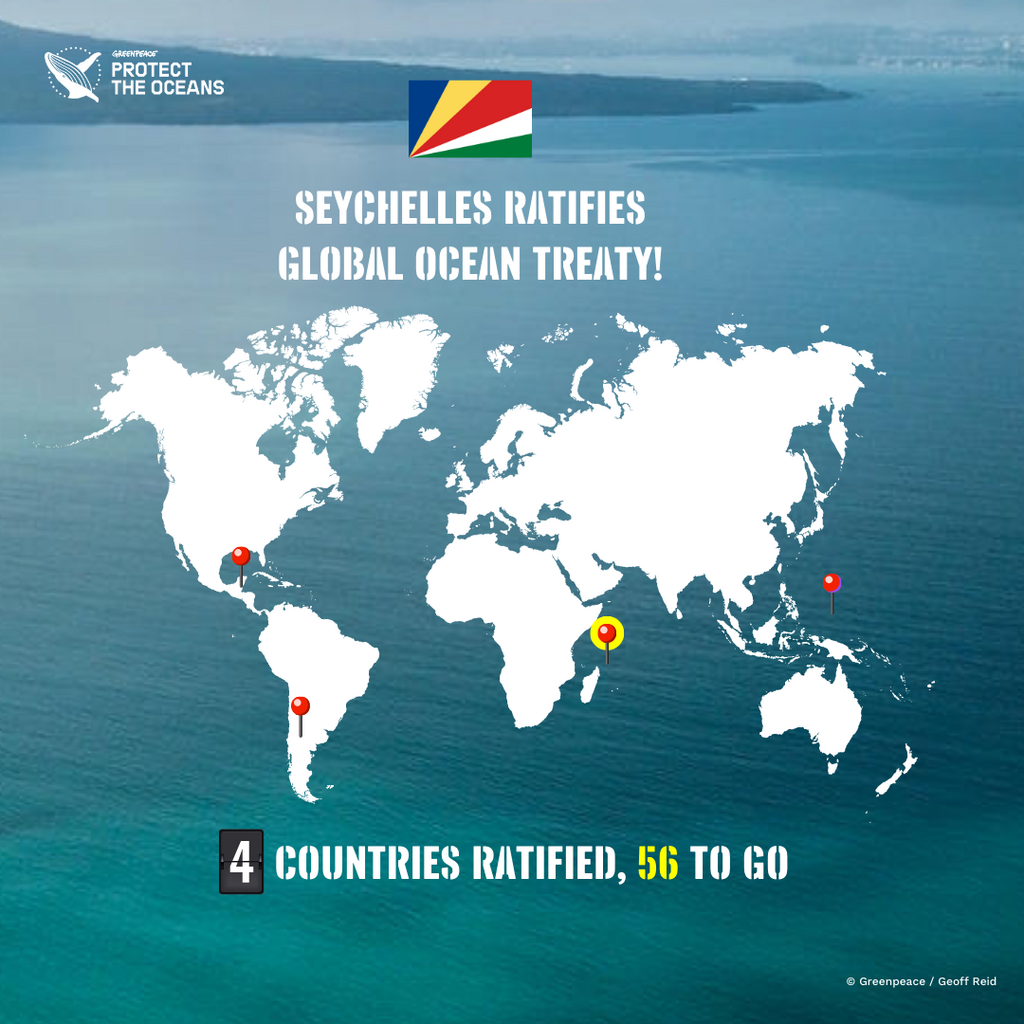
Countries to ratify: Palau, Chile, Belize, Seychelles, the European Union
Don't see your home or resident nation included above? Add your name to our global petition to call on leaders to create new ocean sanctuaries and protect our blue planet.
Greenpeace urges governments to ratify the Treaty by the UN Ocean Conference in Nice in June 2025, and at the same time to create new marine protected areas.
From Treaty to Sanctuaries
With a heating climate, overfishing and pollution pushing our oceans to the brink of collapse, world leaders need to sign the Treaty into law to bring it into force and unlock its potential for creating ocean sanctuaries that can ensure we protect at least 30% of the oceans by 2030. Alongside ratification, governments must also start to develop the first ocean sanctuaries proposals.
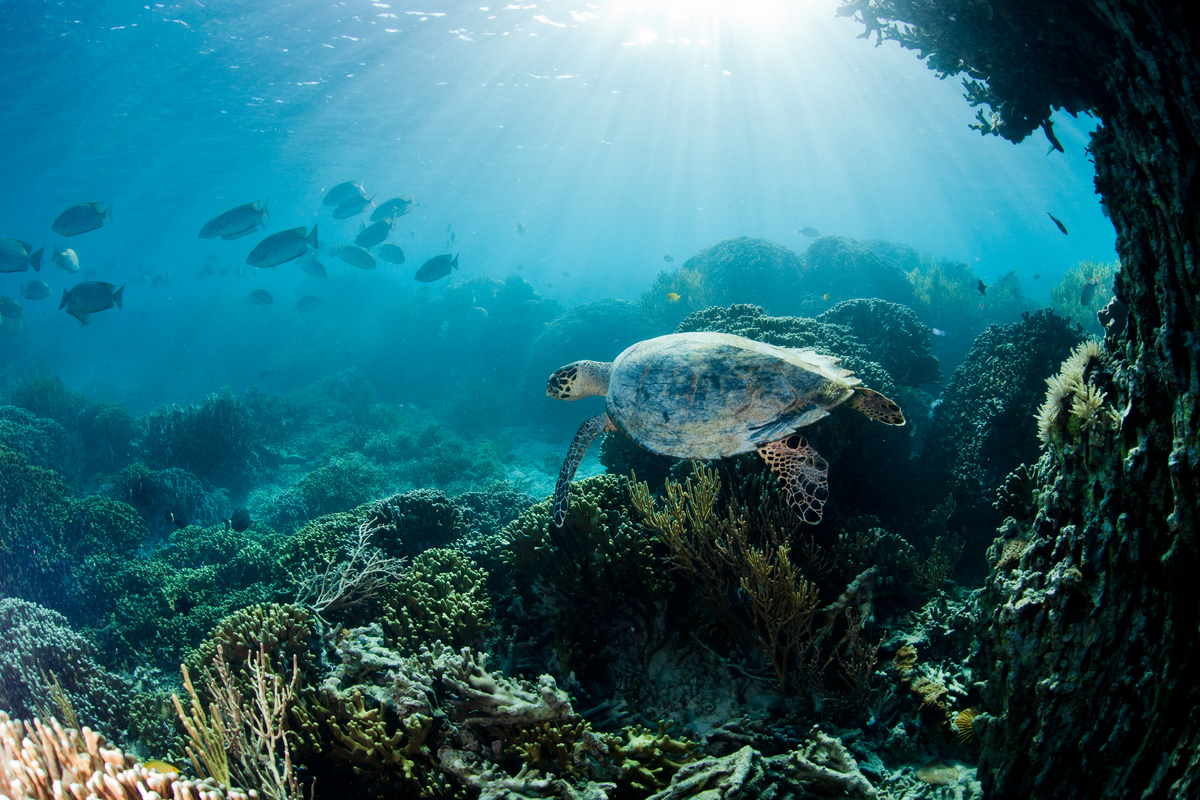
In September 2023, Greenpeace International published 30×30: From Global Ocean Treaty to Protection at Sea setting out the political process to deliver protection for the global oceans.
Alongside ratification, governments must also start to develop the first ocean sanctuaries proposals. The report outlines the political steps and actions necessary to establish ocean sanctuaries using the Treaty and recommends three specific sites on the high seas to be the first set of ocean sanctuaries, due to their ecological significance: the Sargasso Sea, the Emperor Seamounts in the Northwest Pacific Ocean and the South Tasman Sea/Lord Howe Rise between Australia and New Zealand.
We've come so far since 2005, when Greenpeace first publicly called for a new treaty under the UN Convention on the Law of the Sea, which would protect biodiversity and provide tools to create marine protected areas on the high seas.
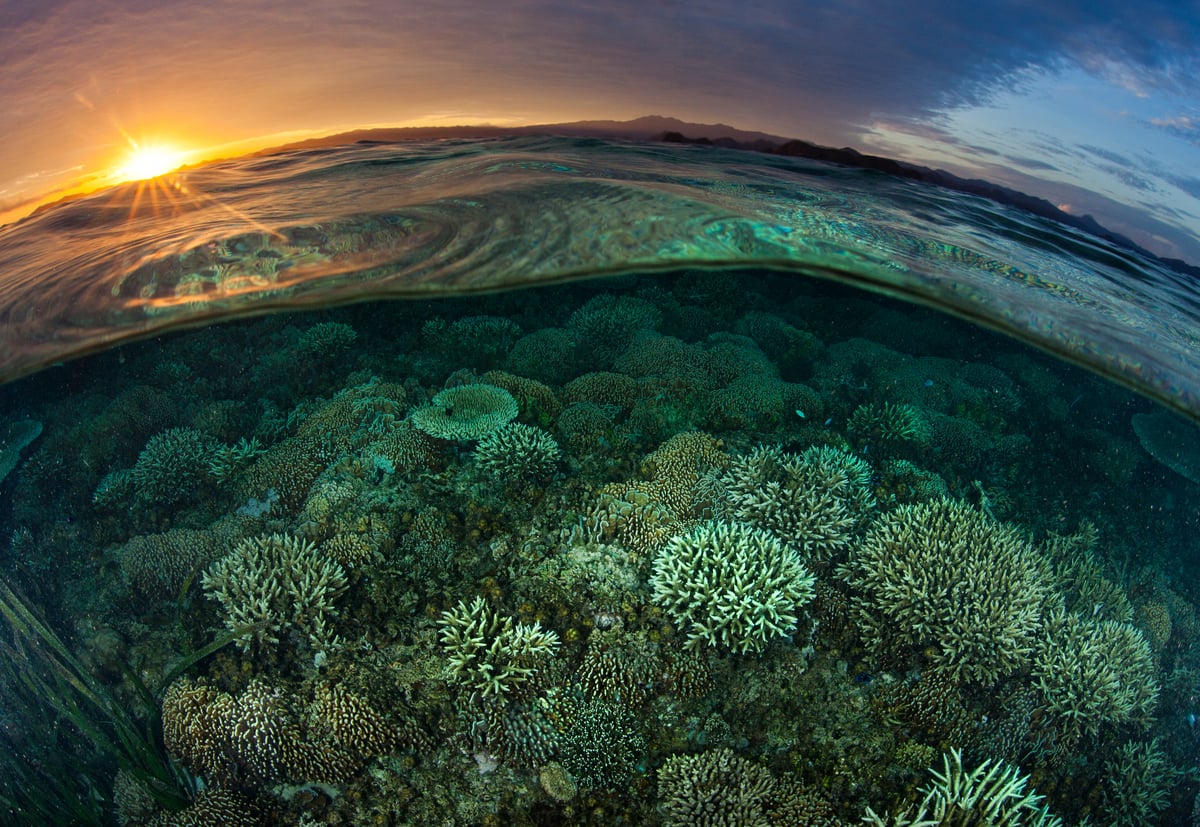
The journey toward safer oceans continues, and we'll only make it far as we go together!
Becca Field, Chris Greenberg, and Gaby Flores are Multimedia and Content Editors at Greenpeace International.






